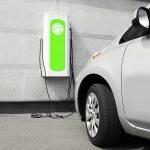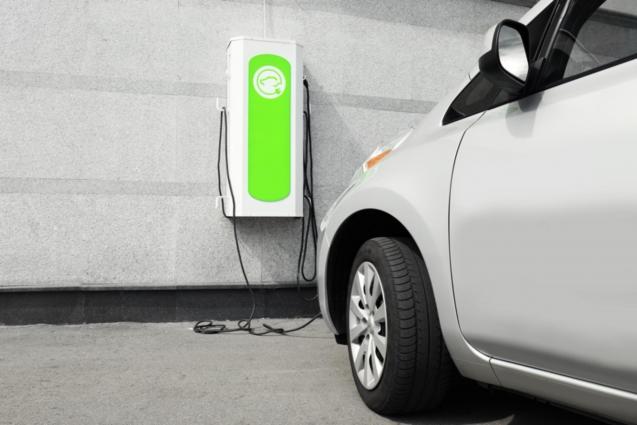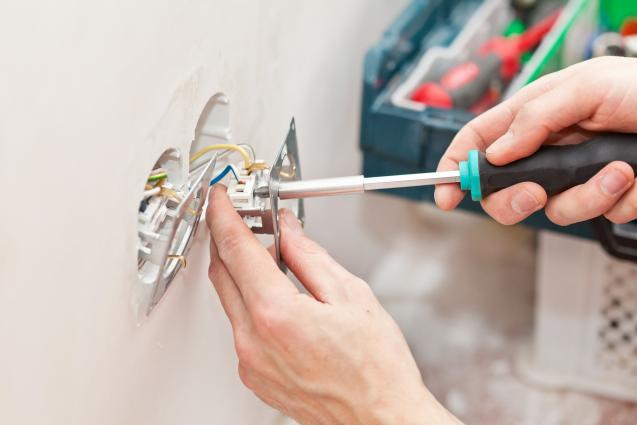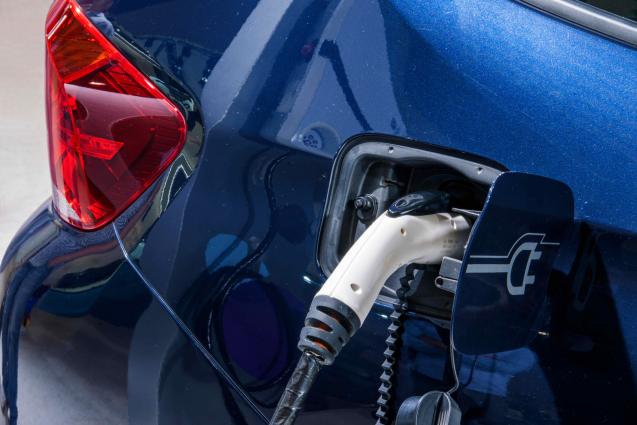
What Should Be Considered When Having an EV Charging Station Installed?
By Captain Cook Electrical|October 17, 2023
The boom in electric vehicle (EV) ownership has been nothing short of staggering in recent years, sparking a parallel surge in demand for EV charging stations. The purpose of this article is to explore essential aspects to consider before deciding to install an EV charging station on your property. The significance of comprehensive planning and meticulous research cannot be understated if you aim to reap the worthwhile benefits of jumping on the electric vehicle bandwagon. The article will navigate you through the basics of EV charging stations, assess home electrical infrastructure, evaluate installation costs, explore brands and features, and discuss the role of permits, regulations, and incentives in the installation process.
Understanding the Basics of EV Charging Stations
An EV charging station supplies electric energy to recharge electric vehicles. However, it's not one-size-fits-all; understanding your charging needs is paramount. Chargers are divided into three categories: Level 1, Level 2, and DC Fast Charging. The type you choose can determine the charging speed and the number of kilometres you can add to your vehicle's range per hour of charging. For home usage, Level 2 chargers often prove most effective. Moreover, it's essential to note the distinction between home and public charging stations, with home chargers offering greater convenience and charging efficiency.
Assessing the Electrical Infrastructure of Your Home
Before installation, your home’s electrical system needs to be thoroughly inspected. Can it support an EV charging station? Here's where professional advice comes in; it's advisable to ask a professional about EV charger installation, as they can gauge your home's capacity to accommodate an EV charger and assess any necessary upgrades.
Evaluating Location and Installation Costs
When planning an EV charger installation, location is a vital factor to consider - inside a garage or on an exterior wall. An overview of average installation costs reveals that rates can vary widely, typically falling between $400 and $2,000. The final total can be influenced by factors such as necessary electrical upgrades or the complexity of the installation process. Don't forget to factor in the ongoing costs, like additional electricity expenses.
Exploring EV Charging Station Brands and Features
The market is flush with numerous EV charging station brands, each asserting their unique benefits. Some notable names include ChargePoint, Blink, and JuiceBox, among others. When comparing products, features such as charging speed, cord length, Wi-Fi connectivity, and ease of use should be scrutinised. Equally crucial are reliability and warranty, ensuring your investment is protected. Lastly, it's also important to confirm that your chosen charging station is compatible with your specific electric vehicle model.
Understanding Permits, Regulations, and Incentives
Installation of an EV charging station isn't exclusive to choosing the right charger and hiring a professional installer - it's also about compliance. Local building codes and regulations might stipulate specific installation requirements. Therefore, acquiring the necessary permits and permissions is essential before proceeding with the project. A silver lining in this process is the federal tax credits and state incentives available for EV charging stations. However, don’t forget to verify any homeowners association (HOA) restrictions or rules if you live in a managed community.
In summary, installing an EV charging station at home requires careful consideration of several factors – from understanding the basics of charging stations to assessing your home's electrical infrastructure and evaluating costs. Selecting the right brand and charger features while complying with permits, regulations, and taking advantage of incentives should also accompany your decision-making process. The environmental and long-term financial benefits of EVs cannot be overstressed. With an EV charging station at home, the road to EV readiness and sustainable living becomes significantly smoother. To make the best decision, arm yourself with information and be prepared for this big step towards a sustainable future.
Understanding the Basics of EV Charging Stations
An EV charging station supplies electric energy to recharge electric vehicles. However, it's not one-size-fits-all; understanding your charging needs is paramount. Chargers are divided into three categories: Level 1, Level 2, and DC Fast Charging. The type you choose can determine the charging speed and the number of kilometres you can add to your vehicle's range per hour of charging. For home usage, Level 2 chargers often prove most effective. Moreover, it's essential to note the distinction between home and public charging stations, with home chargers offering greater convenience and charging efficiency.
Assessing the Electrical Infrastructure of Your Home
Before installation, your home’s electrical system needs to be thoroughly inspected. Can it support an EV charging station? Here's where professional advice comes in; it's advisable to ask a professional about EV charger installation, as they can gauge your home's capacity to accommodate an EV charger and assess any necessary upgrades.
Evaluating Location and Installation Costs
When planning an EV charger installation, location is a vital factor to consider - inside a garage or on an exterior wall. An overview of average installation costs reveals that rates can vary widely, typically falling between $400 and $2,000. The final total can be influenced by factors such as necessary electrical upgrades or the complexity of the installation process. Don't forget to factor in the ongoing costs, like additional electricity expenses.
Exploring EV Charging Station Brands and Features
The market is flush with numerous EV charging station brands, each asserting their unique benefits. Some notable names include ChargePoint, Blink, and JuiceBox, among others. When comparing products, features such as charging speed, cord length, Wi-Fi connectivity, and ease of use should be scrutinised. Equally crucial are reliability and warranty, ensuring your investment is protected. Lastly, it's also important to confirm that your chosen charging station is compatible with your specific electric vehicle model.
Understanding Permits, Regulations, and Incentives
Installation of an EV charging station isn't exclusive to choosing the right charger and hiring a professional installer - it's also about compliance. Local building codes and regulations might stipulate specific installation requirements. Therefore, acquiring the necessary permits and permissions is essential before proceeding with the project. A silver lining in this process is the federal tax credits and state incentives available for EV charging stations. However, don’t forget to verify any homeowners association (HOA) restrictions or rules if you live in a managed community.
In summary, installing an EV charging station at home requires careful consideration of several factors – from understanding the basics of charging stations to assessing your home's electrical infrastructure and evaluating costs. Selecting the right brand and charger features while complying with permits, regulations, and taking advantage of incentives should also accompany your decision-making process. The environmental and long-term financial benefits of EVs cannot be overstressed. With an EV charging station at home, the road to EV readiness and sustainable living becomes significantly smoother. To make the best decision, arm yourself with information and be prepared for this big step towards a sustainable future.



